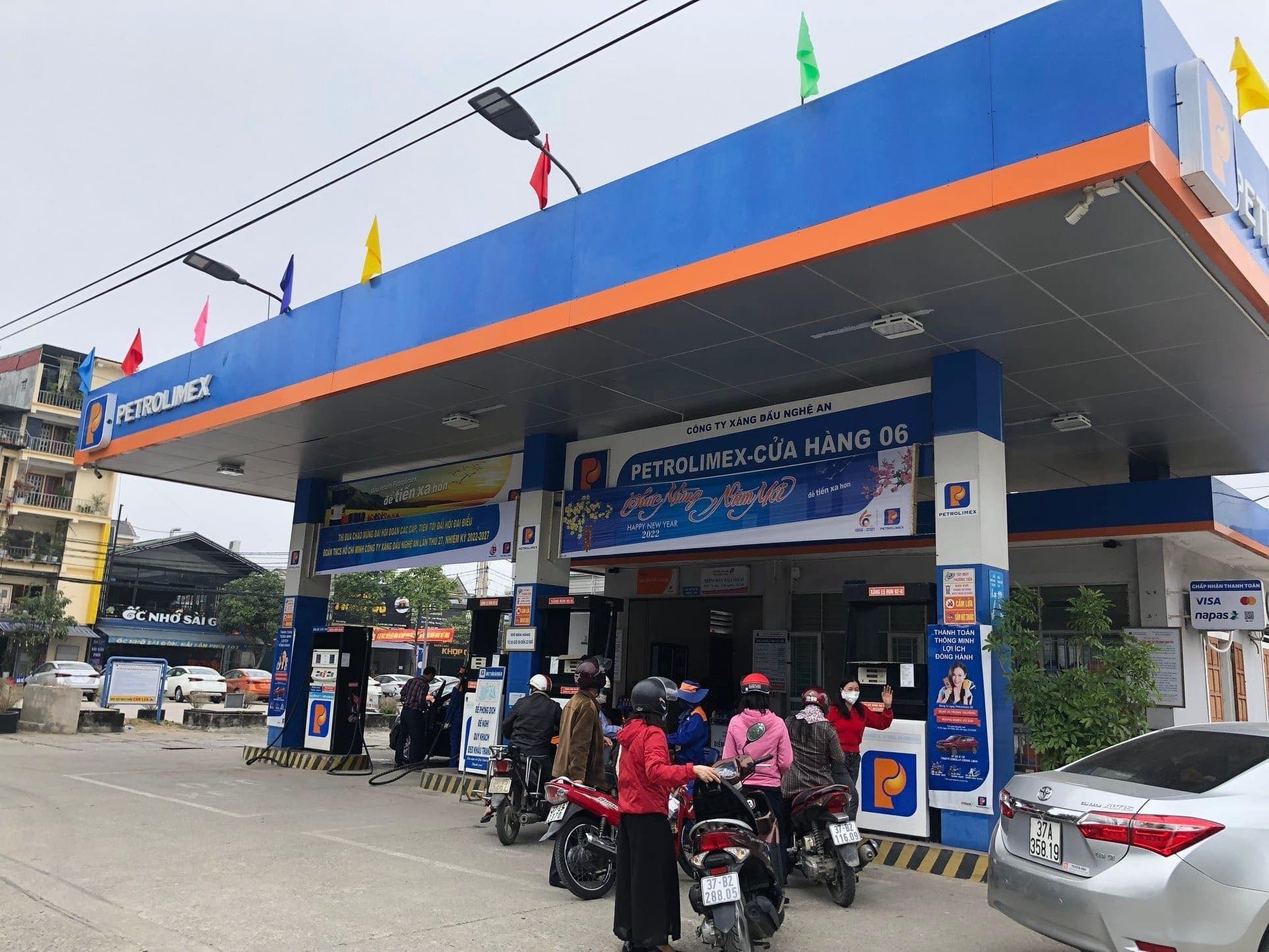Electronic invoices for gasoline and oil make budget collection transparent
The policy of issuing electronic invoices for each sale has contributed to promoting digital transformation, making the economy transparent, and increasing budget revenue.
According to the provisions of the Law on Tax Administration, from July 1, 2022, all enterprises, business households and individuals doing business according to the declaration method using invoices must switch to using electronic invoices for transactions of buying and selling goods and providing services, regardless of the value of each sale of goods or provision of services. Particularly for gasoline and oil trading activities, Decree No. 123/2020/ND-CP dated October 19, 2020 of the Government specifically stipulates the time of issuing invoices at retail stores for customers is the time of ending the sale of gasoline and oil for each sale.
Accordingly, each time a gasoline pump is provided to a customer, the gasoline and oil business must issue an invoice to the customer, regardless of the quantity, value, or whether the customer takes the invoice or not. The business must fully store invoice data for each sale and present it to the tax authority upon request.
This is not only a mandatory regulation under the Law on Tax Administration but also one of the conditions for being licensed and having the license extended to operate a gasoline and oil business as prescribed in Decree No. 80/2023/ND-CP dated November 17, 2023 of the Government.

The issuance of electronic invoices for gasoline and oil for each sale with clear regulations has brought double benefits. For gasoline and oil businesses, the issuance of electronic invoices for each sale helps reduce the time for recording and statistics at the end of the day because the invoice data is automatically issued, at the same time, automatically summarizing revenue, helping businesses manage more systematically such as being able to instantly count revenue, manage, operate automatically, control business activities well and fulfill tax obligations of the business. This will contribute to preventing fraud in gasoline and oil business, limiting gasoline and oil smuggling, ensuring a fair and transparent business environment, and increasing revenue for the State budget.
In addition, requiring electronic invoices for each sale will help promote digital transformation, create an equal business environment, and at the same time, help people form civilized consumption habits, maximally protecting consumer interests.
Individuals and business households that receive electronic invoices with tax authority codes (including electronic invoices with tax authority codes generated from cash registers) when purchasing gasoline and oil in particular and goods and services in general will have the opportunity to win valuable prizes from the "Lucky Invoice" Program implemented by the Tax sector.
For non-business customers (no need to get invoices), the enterprise's electronic invoice issuance application system automatically processes, issues invoices and stores them in electronic form and transmits them to the tax authority according to the electronic invoice data summary table for each item sold during the day.
The implementation of electronic invoices at gasoline and oil retail stores for each sale has helped business management more conveniently in accurately recording data on the number of liters, types of goods, and each shift sold on the server. After each sale, even if the buyer only buys 1-2 liters of gasoline or oil, the system at the gas station will still automatically connect to create electronic invoices. Therefore, whether the buyer takes the invoice or not, the invoice will still be issued and the tax authority will fully manage sales and invoices.
However, in reality, the synchronous implementation of automatic connection solutions is currently facing many difficulties when the facilities of some enterprises are not synchronized, the pump equipment is old, not meeting the requirements for connecting to electronic invoice software; the management level and professional expertise of many enterprises are still limited...
With the determination of the Ministry of Finance, the Tax sector in general, and the Nghe An Provincial Tax Department in particular, the coordinated efforts of local authorities have initially successfully and effectively implemented the policy of issuing electronic invoices for each sale in the retail business of gasoline and oil in accordance with the direction of the Prime Minister, the Ministry of Finance, the General Department of Taxation as well as related regulations.
In the coming time, to continue promoting the effectiveness of implementing the application of electronic invoices after each sale for retail gasoline and oil business activities, Nghe An Provincial Tax Department requests organizations and individuals in the province with retail gasoline and oil business activities to strictly comply with the regulations on issuing electronic invoices for each sale in accordance with the direction of the Prime Minister, the Ministry of Finance, and the General Department of Taxation.
During the implementation process, if there are any difficulties or problems, organizations and individuals are requested to directly contact officers and civil servants at the Tax Branches in their respective areas for specific guidance and support.


